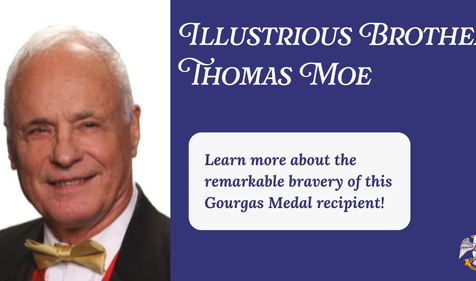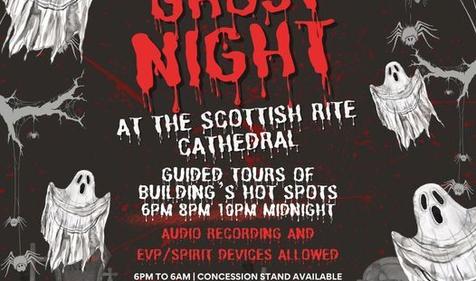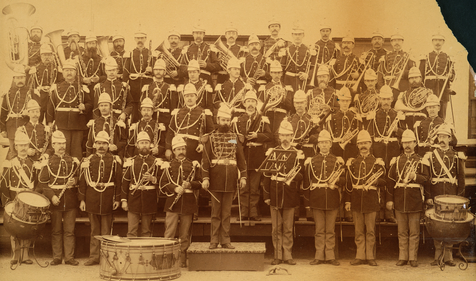Brother Jason David MacKeen, 32°, HGA explores the life lessons and implications of the 25° Master of Achievement.
This blog was originally published in the August 2021 issue of The Northern Light, written by Brother Jason David MacKeen, 32°, HGA, Valley of Southeastern Massachusetts.
The drama of the 25th degree, Master of Achievement, is unique in its presentation as an embedded narrative outlining the achievements of Brother Benjamin Franklin. I have never seen this degree performed in a Valley but was drawn to write about it in order to get a fuller understanding of its allegory and lessons.
The Core Values of this degree are Devotion to Country and Service to Humanity. I cannot think of a better avatar for these values than Benjamin Franklin, and the drama of the 25th degree acts as an engaging introduction to his lesser-known exploits.
The unique format of this degree excels in communicating its values. Rather than a degree that dryly lists off a series of achievements with a solemn admonition to act in a like fashion, Master of Achievement presents the lessons in a “modern” format, emulating “This Is Your Life” and injecting a certain amount of humor into the drama.
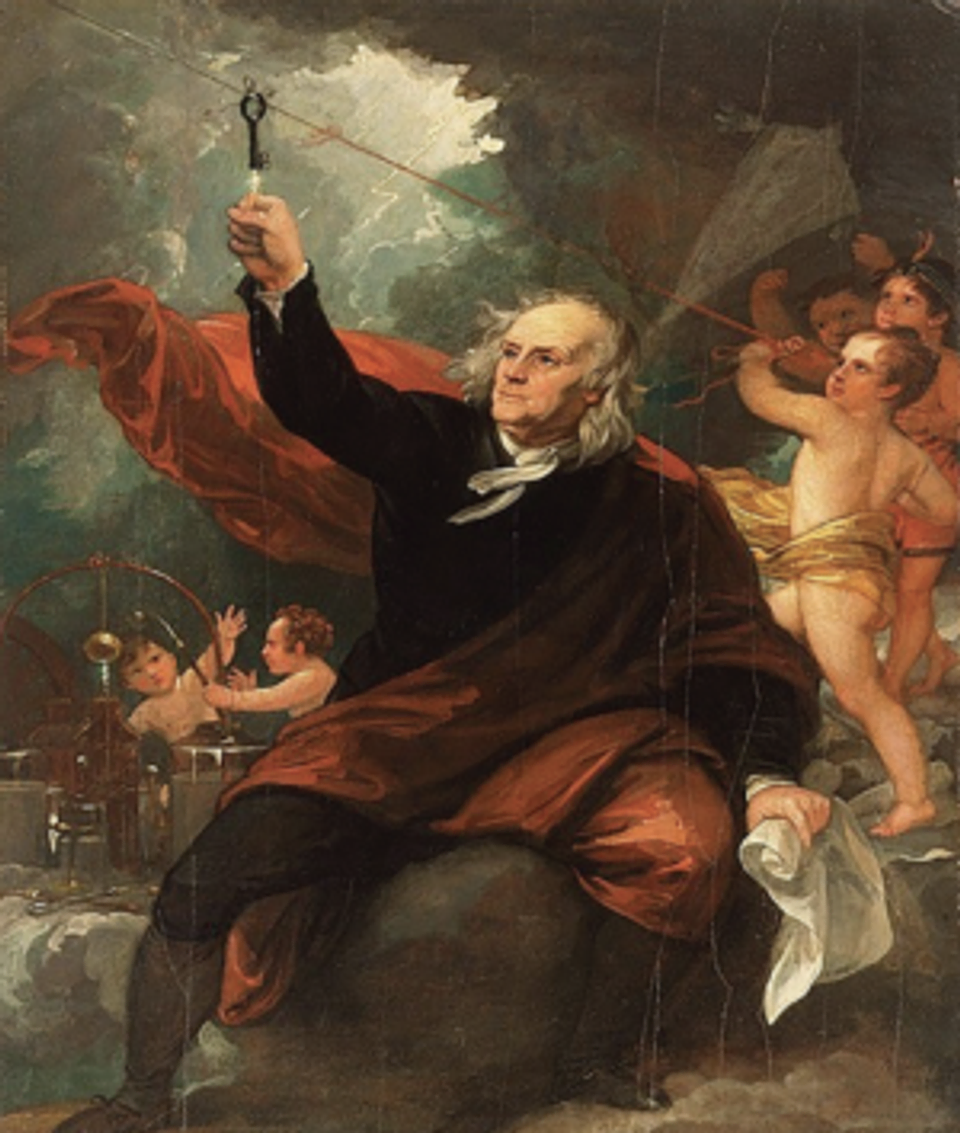
There are two major moral lessons present within the 25th degree. The first is presented between the skits as a young Brother full of confusion and despondency reaches out to Brother Franklin for advice and guidance. Franklin advises the young Mason on his own system of growing virtue. The thirteen virtues of temperance, silence, order, resolution, frugality, industry, sincerity, justice, moderation, cleanliness, tranquility, chastity, and humility are concentrated on one at a time for the period of a month. The goal of this practice is that the laser-like focus on one virtue will allow for more progress in that area—despite Brother Franklin’s admission that some virtues, particularly humility, may not be as easy to work on. While Franklin’s virtue calendar has gained more popularity recently, it is likely that this degree is the first introduction to the concept for many Brethren. This introduction alone gives the degree a certain moral advantage. While the nature of the program focuses on many virtues taken as a whole, it speaks to Franklin’s continued service to humanity. Through personal experimentation and time testing, Brother Franklin lays out a clear path available for use by both Masons and the profane.
The second lesson in morality speaks to devotion to country and the moral implications of that devotion. The first skit outlines the events surrounding the establishment of a defensive militia in Philadelphia. While the focus of the skit is on Franklin, the more interesting moral struggle is that of the Quaker majority. The two Quakers that reach out to Brother Franklin the evening before the militia vote express the trial that nine members of the Assembly face: whether to be true to exact tenets of their faith or to do everything in their power to protect their families and neighbors. The issue is resolved through a conveniently timed prayer meeting. Man is often torn between two equally compelling and moral choices, and as we see during the events of the skit, the benefit of prayer will often lead him to the answer he knew all along.
We find the philosophical lesson of this degree in the second skit. The constitutional delegates presented during the skit mirror their historical counterparts. We learn that they have become caught up in personal grievances and pet projects—unable to see the forest through the trees. It is only through the sage philosophy of Brother Franklin that the document is saved. He warns the other delegates about sacrificing the good for the great. He, like all of the delegates, takes issue with certain portions of the Constitution but is wise enough to recognize that he is not infallible. By becoming hyper-focused on their own visions for the nation, the delegates are allowing a more robust nation founded by the experiences and knowledge of many to rot on the vine. This is often the case with all of mankind. We wrap ourselves in fantasies about the perfect home, the perfect self, the perfect lover. Our sights are set solely on that perfect goal. As a result, we allow small achievements and great opportunity to slip away. No Mason should ever be content that his work on the Temple is completed, but it is equal folly to never step back and observe the progress that has been made.
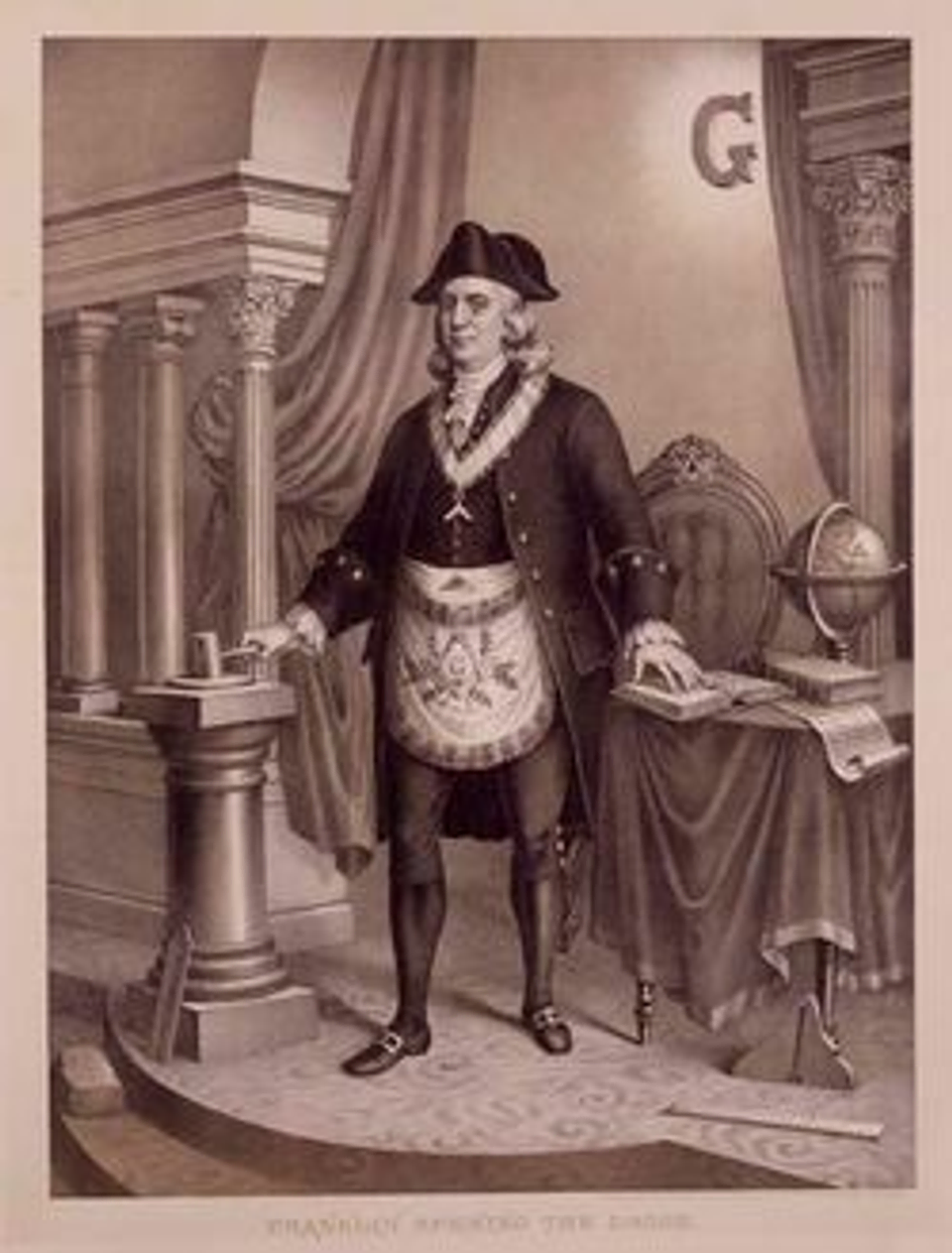
The life lessons of this degree are of great use both in and out of lodge. It stresses the importance of being a life learner, and that we should always be mindful of the impact we will have on future generations. The framing drama of the degree makes it clear that Franklin never stopped learning and never stopped working on his rough ashlar. From constant moral self-improvement to ambassadorial positions, to leading the Craft as a Grand Master, Brother Franklin never shied away from a new experience and the accompanying opportunity for self-improvement. All Brethren should learn from this example and lead their lives not only as workers in the quarries but as students in the classroom.
The long list of achievements heard during the drama by the Master and the crowded dais of functionaries present the important life lesson of considering one’s legacy. Despite Franklin’s self-professed issues with humility, it is unlikely that even he would have envisioned a life of such achievement. The average Brother on the street will most likely not invent the next Franklin stove, but he should be ever mindful of his impact on the future. What that Brother may see as a simple act of charity or kindness may very well cause a series of ripples that improve his lodge, community, or family for generations to come. This degree expertly presents the Scottish Rite values of Devotion to Country and Service to Humanity.
Through it we see the real-world fruits of an actual Brother’s quest to exemplify those values over his long and distinguished life. For this reason alone, I believe the degree should be required viewing for every new Scottish Rite Mason with the hope that it can transfer some of Brother Franklin’s spark to the new initiates.
Interested in delving deeper into the study of our 29 degrees? Join our next Hauts Grades Academy class, a program designed to promote the education, knowledge, and engagement of members in the Scottish Rite, NMJ through in-depth study and reflection of our 29 degrees. Learn more and add your name to our waitlist.
Related Stories
Discover additional Scottish Rite blogs and news on this topic.
-
Illustrious Brother Thomas N. Moe Awarded the Gourgas Medal for Exemplary Service to Freemasonry and Humanity
News
Read More about Illustrious Brother Thomas N. Moe Awarded the Gourgas Medal for Exemplary Service to Freemasonry and Humanity
-
Valley of New Castle Finds Non-Traditional Way to Raise Funds
Inspiration
Read More about Valley of New Castle Finds Non-Traditional Way to Raise Funds
-
The Marching Mason: John Philip Sousa
Inspiration
Read More about The Marching Mason: John Philip Sousa

